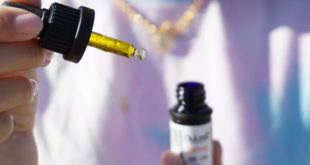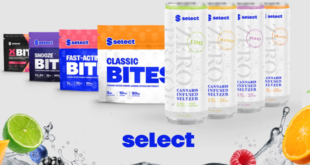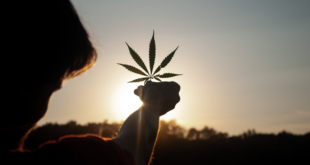
Health Canada announced on Friday that another government-licensed medical marijuana cultivator has tested positive for a banned pesticide.
Canada has 43 approved medical marijuana growers to serve its 130,000 patients, according to Ottawa Citizen. Testing for mold, harmful bacteria and heavy metals is required by Health Canada, but they’ve relied on the growers to police themselves regarding pesticides.
Part of the announcement said that testing for pesticides is necessary to “ensure that Canadians continue to have confidence in obtaining safe, quality-controlled medical cannabis.”
Seventeen pesticides are approved for use on medical marijuana in Canada.
Health Canada said, “There are no exceptions to these requirements, and no situations in which using a pesticide that is not authorized…for cannabis cultivation would be acceptable.”
Three manufacturers have recalled products over the last several months following positive tests for unapproved pesticides like myclobutanil. Patients who have become ill from contaminated medical marijuana have filed three class-action lawsuits. Myclobutanil is said to be used for mildew control. It is approved for some produce but not for plants that are dried and/or smoked.
Health Canada did say that the levels of myclobutanil found wouldn’t cause any serious health problems, but enforcement has been increased. Piperonyl butoxide was found on plants at Peace Naturals with a level of 0.78 parts per million. When combined with pesticides, piperonyl butoxide is considered an “active ingredient” according to Health Canada. In regards to approved pesticides, piperonyl butoxide is not an ingredient.
Cronos Group Inc., parent company of Peace Naturals, says they are no longer using the product.
Cronos Group said, “There is no evidence to suggest that (piperonyl butoxide) at these levels is likely to cause any adverse health effects when inhaled or ingested. However, out of an abundance of caution, Peace is in the process of assessing which lots have been impacted, notifying patients, and will voluntarily recall any products that have even potentially been impacted. We take safety testing seriously and are working closely with Health Canada to determine next steps.”
 AZ Marijuana Arizona Marijuana Info
AZ Marijuana Arizona Marijuana Info






